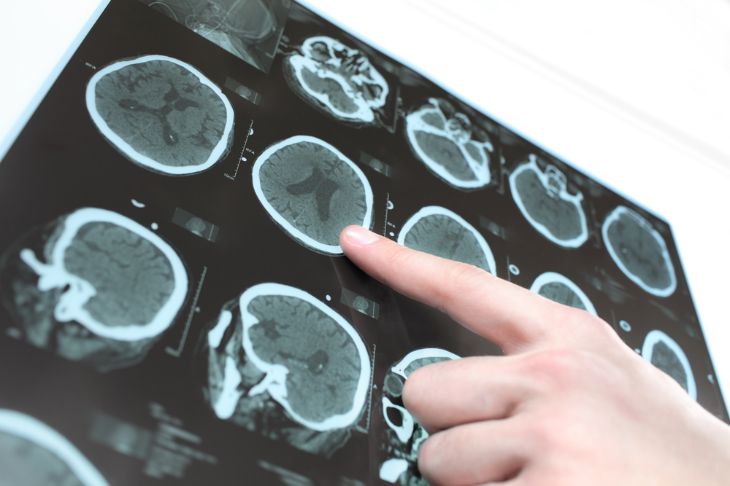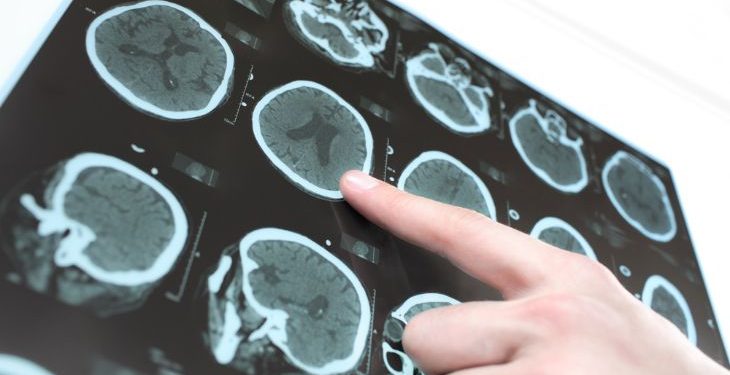People with aphasia have damage to the parts of their brain that control language. It affects their ability to speak, understand speech and read and write. Aphasia can be mild or severe. It can be temporary from a stroke or brain injury, or it can be long-term from conditions like Alzheimer’s disease or Parkinson’s disease. It can also be a symptom of other health problems such as heart disease or diabetes.
The most common cause of aphasia is a stroke. But anyone with damage to the part of the brain that controls language can develop this disorder. It can happen to people of any age. It is more common in middle-aged and older adults, but it can affect younger people, too. It is less common for children to have aphasia.
There are two kinds of aphasia: expressive and receptive. Receptive aphasia is when you have trouble understanding what other people are saying and reading written words. Expressive aphasia is when it’s hard for you to form your own thoughts and say them clearly.
Strokes can be caused by a number of things, such as heart disease or brain tumors. But you can also have a stroke from something as simple as a head injury or sinus infection. A TIA, or transient ischemic attack, is a type of stroke that happens when you have a blood clot in your brain. It isn’t as serious as a full stroke, but it still can have a bad effect on your language.

A traumatic brain injury, such as a car accident or fall that results in a concussion or blow to the head, can cause aphasia. You can also develop aphasia from having multiple surgeries, such as cataract removal or surgery to remove a brain tumor.
People with aphasia may have difficulty forming certain words or repeating words back to others, especially when they are tired or in crowded, noisy places. They might also have a hard time following complex conversations. Severe aphasia can mean that a person can’t talk at all, or they might only say simple words and phrases.
Doctors can diagnose aphasia with neurological tests, such as asking the person to name objects and follow commands. They will also test the person’s hearing and nerve function to make sure there aren’t other reasons for their difficulties. They might do diagnostic and imaging tests to look for signs of a brain tumor or other damage.
People who have aphasia should be treated with respect and dignity. They should be encouraged to try to communicate with other methods besides speaking, such as writing, drawing and using gestures. They should be given plenty of time to respond and should be reassured that their communication problems are not their fault. They should be included in family and community activities and should not be isolated at home. They should also be encouraged to manage their health conditions, such as diabetes or high blood pressure, to prevent other health problems that can lead to aphasia, such as a stroke or a TIA.









